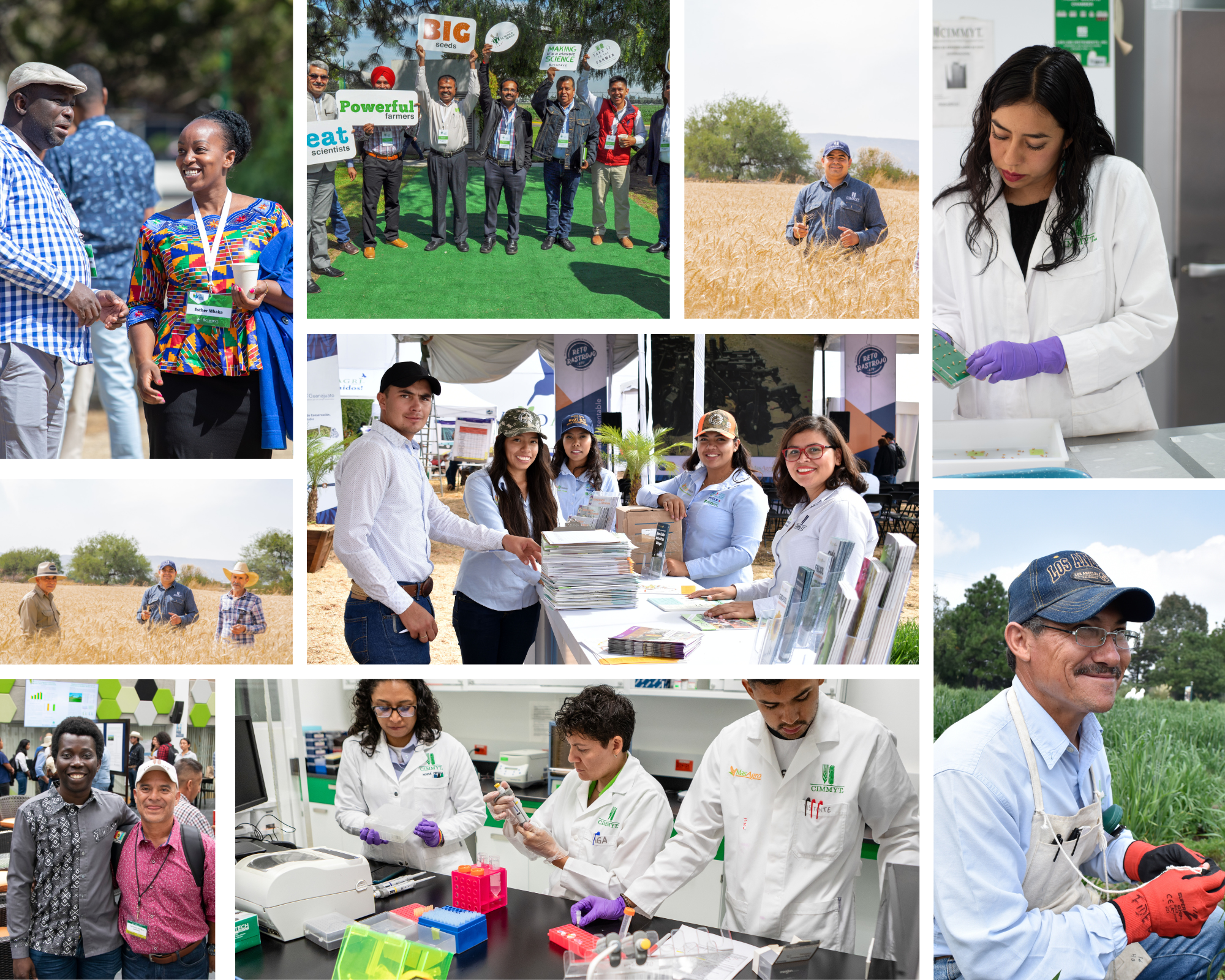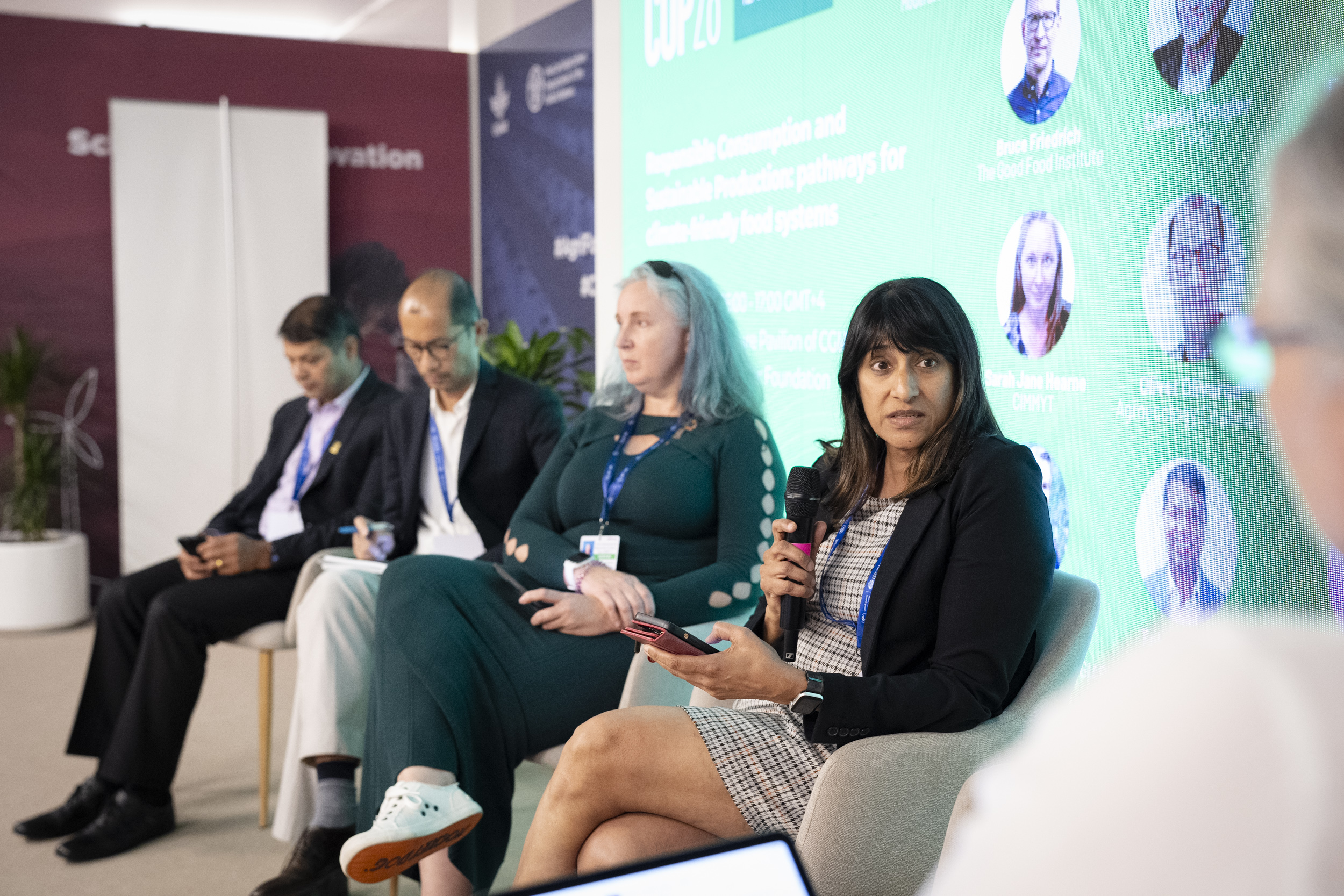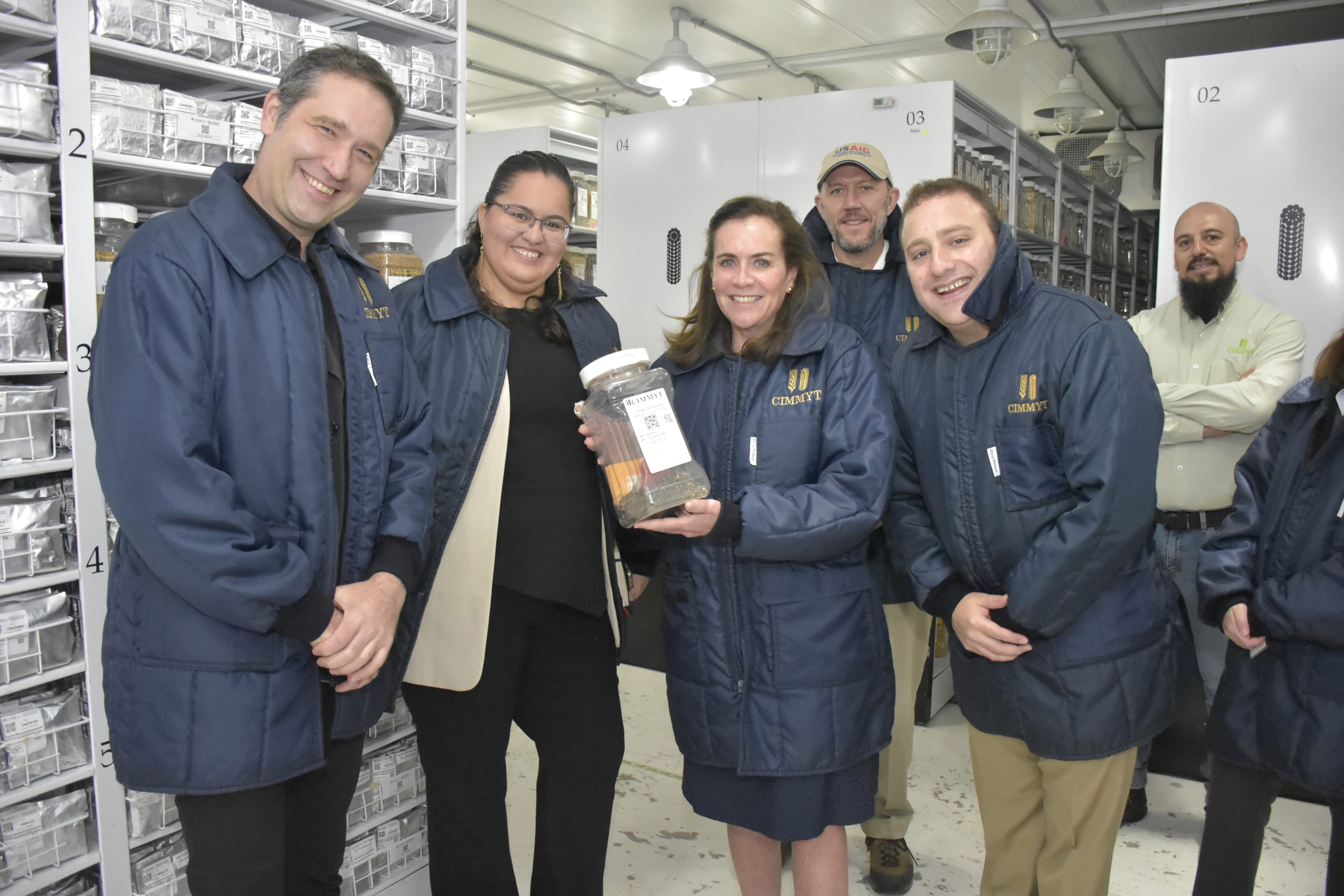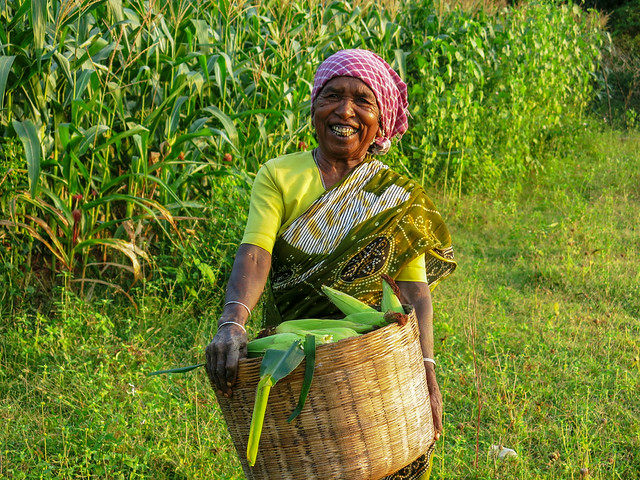CIMMYT’s strategy integrates gender equity and social inclusion into all areas of its research and operations. Organizational values of excellence, integrity, and teamwork guide CIMMYT’s mission of innovation and agrifood systems transformation.
“We believe that access to food is a human right that must be provided to everyone regardless of identity markers,” said CIMMYT’s Director General, Bram Govaerts. “CIMMYT was founded in a time of great need to prevent hunger. Today, we remain tasked with ensuring that nutritious food is available to everyone. Our mission explains our commitment to social inclusion.”
Aligned with CGIAR and CIMMYT’s Framework for Gender, Diversity, and Inclusion (GDI) and the United Nations (UN) Sustainable Development Goals, CIMMYT established a Gender Equity and Social Inclusion (GESI) Steering Committee. This committee tracks progress and champions the implementation of the GESI Action Plan, aiming to close gender and diversity gaps and foster inclusivity in all our activities.
“CIMMYT is a diverse, multicultural space that benefits from varied talents and perspectives. Our collective workforce is dedicated to creating an inclusive environment. It’s rewarding to see the results of our efforts, and I am proud to be part of this journey,” said Director of the Genetic Resources Program, Sarah Hearne.

CIMMYT joins the international community in recognizing June as a month to celebrate diversity and raise awareness on issues impacting communities based on identity. CIMMYT reiterates its commitment to implementing its GESI Action Plan under one main principle:
- CIMMYT is a non-discriminatory place for all. Our code of conduct does not tolerate treating individuals less favorably because of their sex, racial or ethnic origin, religion or belief, disability, age, or sexual orientation.
Aide Molina, GESI champion and research associate, added, “The GESI initiative is a crucial starting point. While change takes time, starting is key. As an international institution, CIMMYT leads in both technological and social aspects. Declaring itself a ‘non-discrimination zone’ sets a powerful example for other institutions to follow.”
Achieving greater inclusion requires consistency and effort, and 2024 is not different. Our collective commitment includes ensuring that our current policies and initiatives are inclusive and supportive in accordance with local regulations.
“Our leadership team has to be proactive in integrating an inclusion lens into our research and operations and also address the needs of inclusion and equality for all, considering local contexts,” said Govaerts.
CIMMYT has made notable strides in gender parity and inclusion, for example, female hiring rates have increased from 21% in 2020 to 43% in 2023.
“We’ve made significant progress in better serving smallholders and creating a non-discriminatory working culture that promotes innovation,” said Govaerts. “Our transformation must be intersectional. While this is continuous work, we must accept that some populations are still left behind. It’s our job to bring them in. Everyone is welcome; CIMMYT is a non-discriminatory place for all!”

 Climate adaptation and mitigation
Climate adaptation and mitigation 
